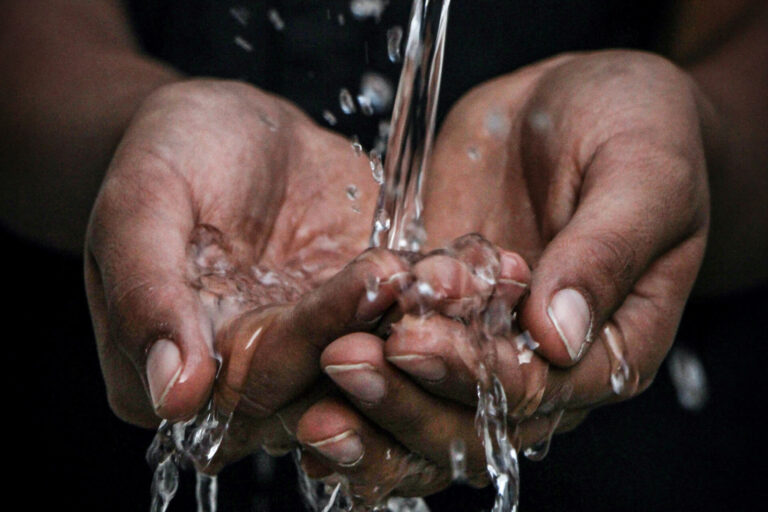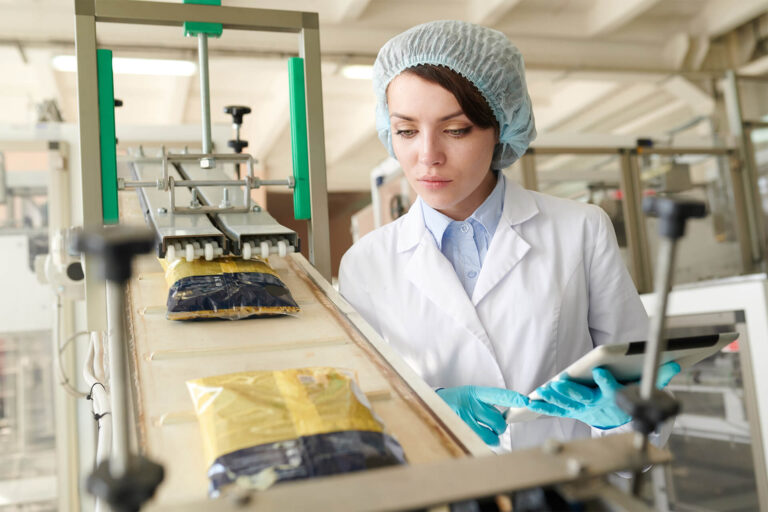PURCHASE, NY — Today, PepsiCo, Inc. announced its ambition to become “Net Water Positive” by 2030, aiming to replenish more water than the company uses, which would place it among the most water-efficient food or beverage manufacturers operating in high-risk watersheds.
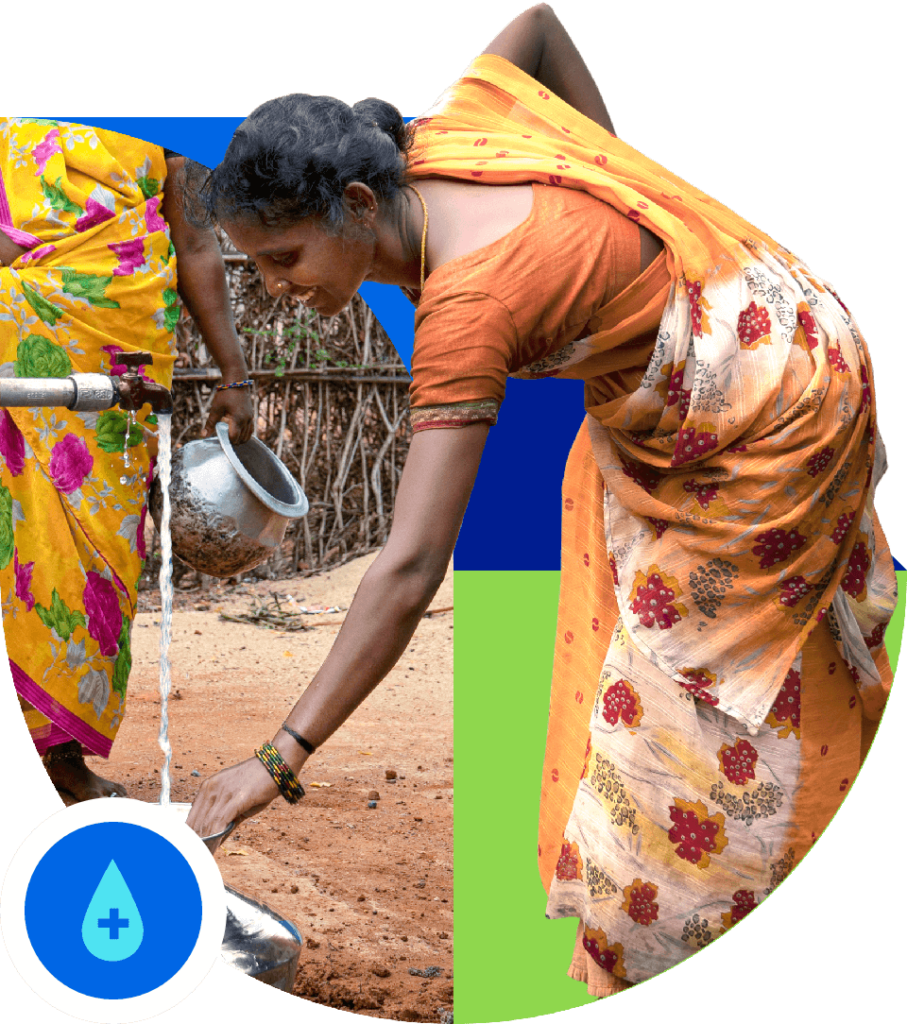 Safe water access is a critical component of The PepsiCo Foundation’s holistic water stewardship agenda. That’s why it is also launching a new $1 million program with WaterAid, a leading NGO and long-term partner, to bring safe water to families in Sub-Saharan Africa. This expands WaterAid’s 15-year, more than $53 million safe water access initiative, which reaches more than 20 countries and has helped more than 59 million people since 2006.
Safe water access is a critical component of The PepsiCo Foundation’s holistic water stewardship agenda. That’s why it is also launching a new $1 million program with WaterAid, a leading NGO and long-term partner, to bring safe water to families in Sub-Saharan Africa. This expands WaterAid’s 15-year, more than $53 million safe water access initiative, which reaches more than 20 countries and has helped more than 59 million people since 2006.
“Time is running out for the world to act on water,” said Jim Andrew, chief sustainability officer at PepsiCo. “Water is not only a critical component of our food system, it is a fundamental human right … and the lack of safe, clean water around the world is one of the most pressing issues facing our global community today.”

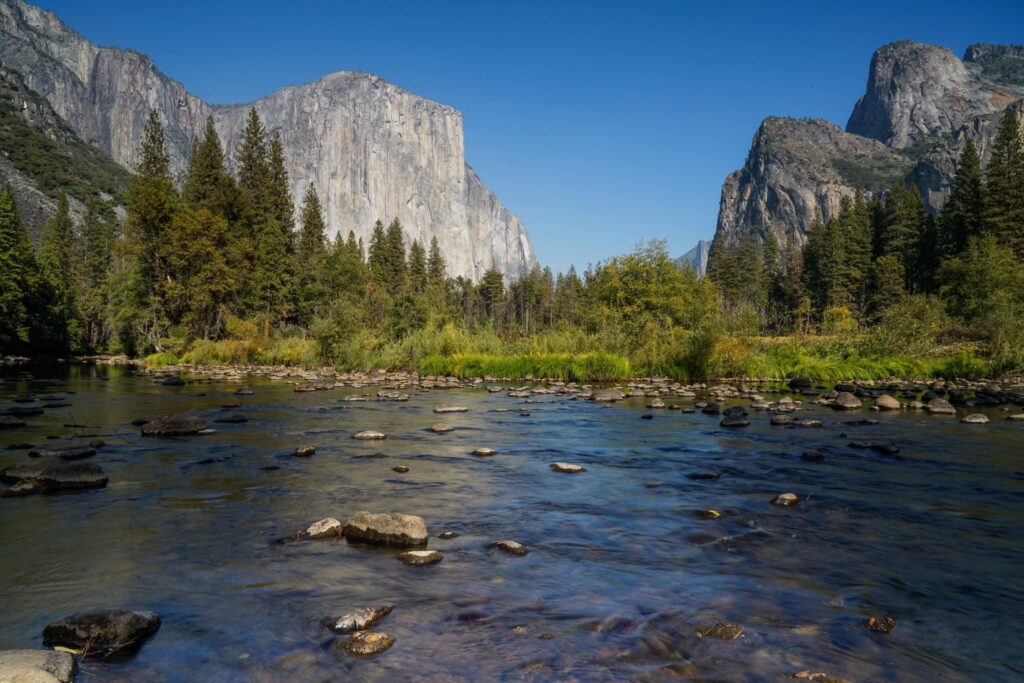
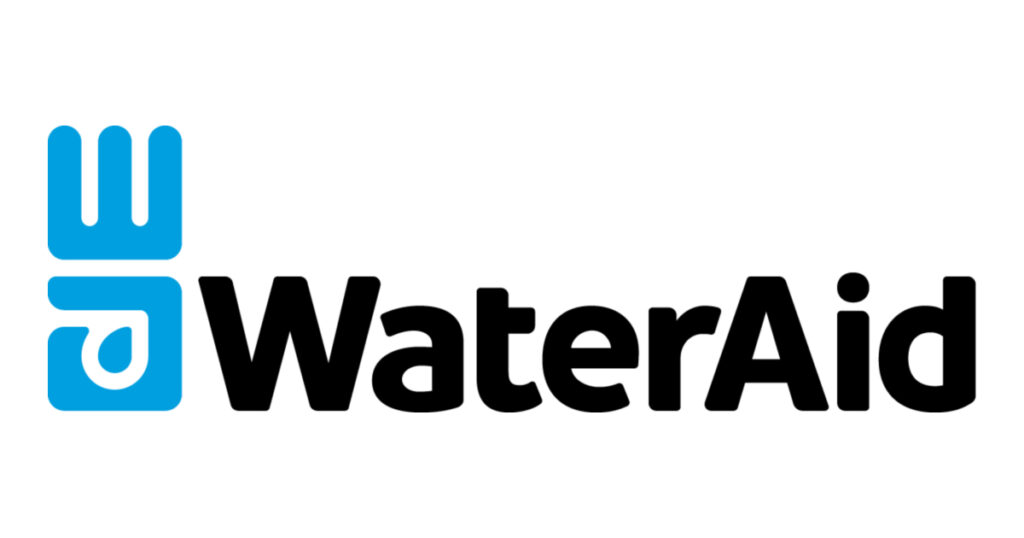 The investment in Sub-Saharan Africa represents an expansion of The PepsiCo Foundation’s long-term work with WaterAid, a leading international organization with over 40 years of experience bringing clean water, sanitation and hygiene to communities worldwide, including active programs in Colombia, India and Pakistan in partnership with The PepsiCo Foundation. This partnership is a cornerstone of The PepsiCo Foundation’s safe water access program, which has generated more than $10 in impact for every $1 invested since 2005 and catalyzed nearly $700 million in additional funding for safe water access investments in partnerships with non-profits worldwide.
The investment in Sub-Saharan Africa represents an expansion of The PepsiCo Foundation’s long-term work with WaterAid, a leading international organization with over 40 years of experience bringing clean water, sanitation and hygiene to communities worldwide, including active programs in Colombia, India and Pakistan in partnership with The PepsiCo Foundation. This partnership is a cornerstone of The PepsiCo Foundation’s safe water access program, which has generated more than $10 in impact for every $1 invested since 2005 and catalyzed nearly $700 million in additional funding for safe water access investments in partnerships with non-profits worldwide.
